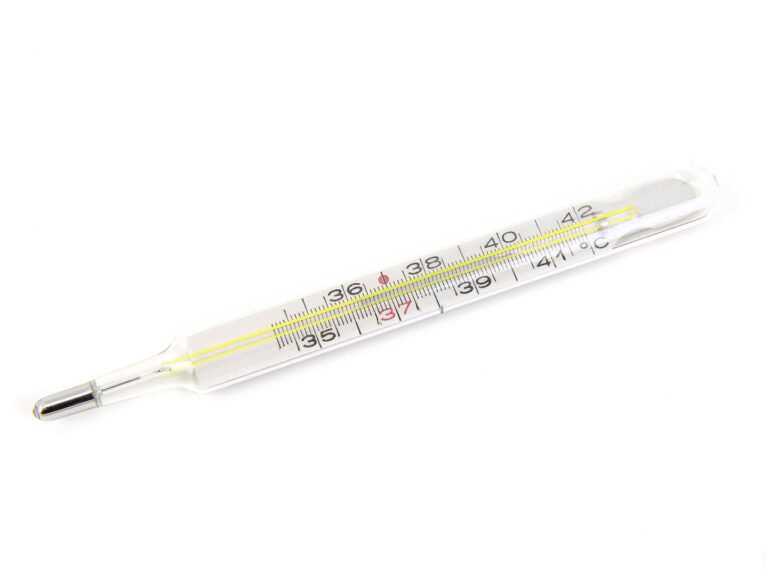The Impact of Environmental Factors on Reproductive Health
Numerous environmental factors have been shown to have a significant impact on reproductive health. Exposure to chemicals like pesticides, heavy metals, and phthalates can disrupt hormonal balance and negatively affect fertility in both men and women. Additionally, air and water pollution have been linked to an increased risk of infertility and pregnancy complications.
Furthermore, lifestyle factors such as smoking, excessive alcohol consumption, poor diet, and high levels of stress can also play a role in reproductive health issues. These factors can not only impact the chances of conceiving but also increase the risk of miscarriage and developmental abnormalities in offspring. It is crucial for individuals to be aware of the potential environmental hazards that could be influencing their reproductive health and take necessary steps to minimize exposure whenever possible.
The Role of Air Pollution in Reproductive Health
Air pollution, with its harmful components like particulate matter and volatile organic compounds, has been linked to various adverse effects on reproductive health. Studies have shown that exposure to air pollution can lead to a higher risk of infertility, pregnancy complications, and adverse birth outcomes. The toxic particles in the air can potentially disrupt hormonal balance and interfere with reproductive processes, affecting both male and female fertility.
In addition to fertility issues, air pollution has also been associated with an increased risk of miscarriages, preterm birth, and low birth weight babies. Pregnant women exposed to high levels of air pollutants are more prone to complications during pregnancy, which can have long-lasting effects on the health of both the mother and the baby. It is crucial for policymakers to implement stricter regulations to reduce air pollution levels and protect the reproductive health of the population.
How does air pollution impact reproductive health?
Air pollution can negatively affect reproductive health by causing hormonal imbalances, reducing sperm quality, increasing the risk of miscarriages, and impacting fetal development.
What are some common sources of air pollution that can impact reproductive health?
Common sources of air pollution that can impact reproductive health include vehicle emissions, industrial emissions, burning of fossil fuels, and agricultural activities.
Are pregnant women and unborn babies more vulnerable to the effects of air pollution on reproductive health?
Yes, pregnant women and unborn babies are more vulnerable to the effects of air pollution on reproductive health due to their delicate and developing systems.
How can individuals protect their reproductive health from the harmful effects of air pollution?
Individuals can protect their reproductive health from the harmful effects of air pollution by reducing exposure to polluted air, using air purifiers at home, and advocating for policies that promote clean air.
Are there any studies linking air pollution to infertility and reproductive disorders?
Yes, there are studies that have linked air pollution to infertility, reproductive disorders, and other reproductive health issues. Researchers continue to investigate the impact of air pollution on reproductive health.





